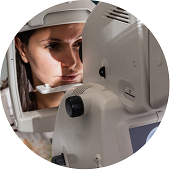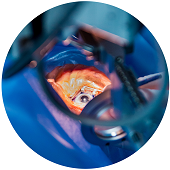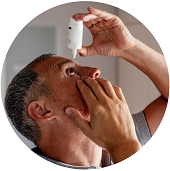Retina Services
A Guide
to Retina Services
at
Watany Eye Hospitals
At Watany Eye Hospitals, we understand the importance of sight. We are proud to be a leading destination for medical tourism, providing patients with exceptional care at competitive costs.
Prepping for Your Retinal
Surgery
Let Watany Eye hospitals help you see the world clearly again.


